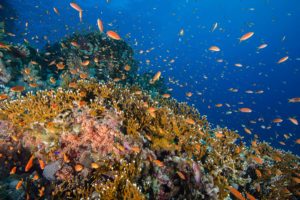
Deep dive into marine biotech
Flinders University researchers are among some of the world’s leading marine biotech scientists gathering in Adelaide. They will discuss the latest developments in first-generation fisheries, second-gen […]

Flinders University researchers are among some of the world’s leading marine biotech scientists gathering in Adelaide. They will discuss the latest developments in first-generation fisheries, second-gen […]
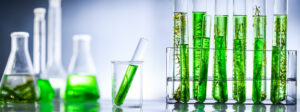
Scientists from Flinders University have discovered rich anti-aging properties in South Australian brown seaweed that significantly increase collagen levels in the skin and protect against the […]
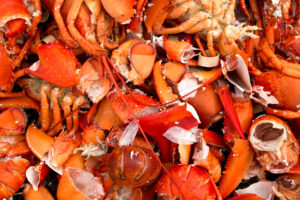
Australia’s lobster and shellfish industries could reap substantial financial benefits by using shell waste to create new products identified by Flinders University’s Centre for Marine Bioproduct […]

Sustainable new products made from seaweed, from fast food wrappers to disease-fighting medicines, has seen Flinders University’s Centre for Marine Bioproducts Development (CMBD) – Driving Australia’s […]

A quest to help the planet live more sustainably by harnessing underutilised marine bio-resources, and a collective commitment to increase the representation of queer people in […]
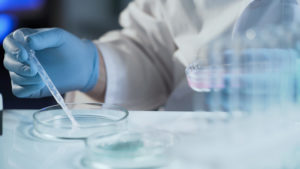
Zinc-filled oysters are often linked to improved libido and sexual activity, and now scientists at Flinders University are calling for more serious investigations into how marine […]
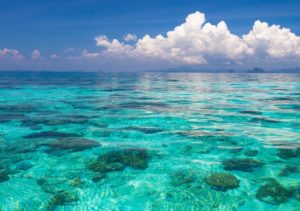
Feeding a hungry planet, new medications to tackle diseases ranging from cancer to Parkinson’s, bioplastics, cosmetics, and curbing climate-changing greenhouse gas emissions – these are a […]

Marine microalgae-based cellular agriculture is a promising new way to sustainably produce plant-based ‘meat’ and healthy ‘superfoods’ for the future. Researchers at Flinders University’s Centre for […]
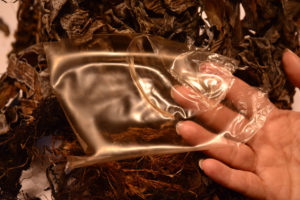
The development of Marine-derived Biopolymer Materials at Flinders University to help solve global plastics problems has taken the innovative step of inviting artists work with research […]